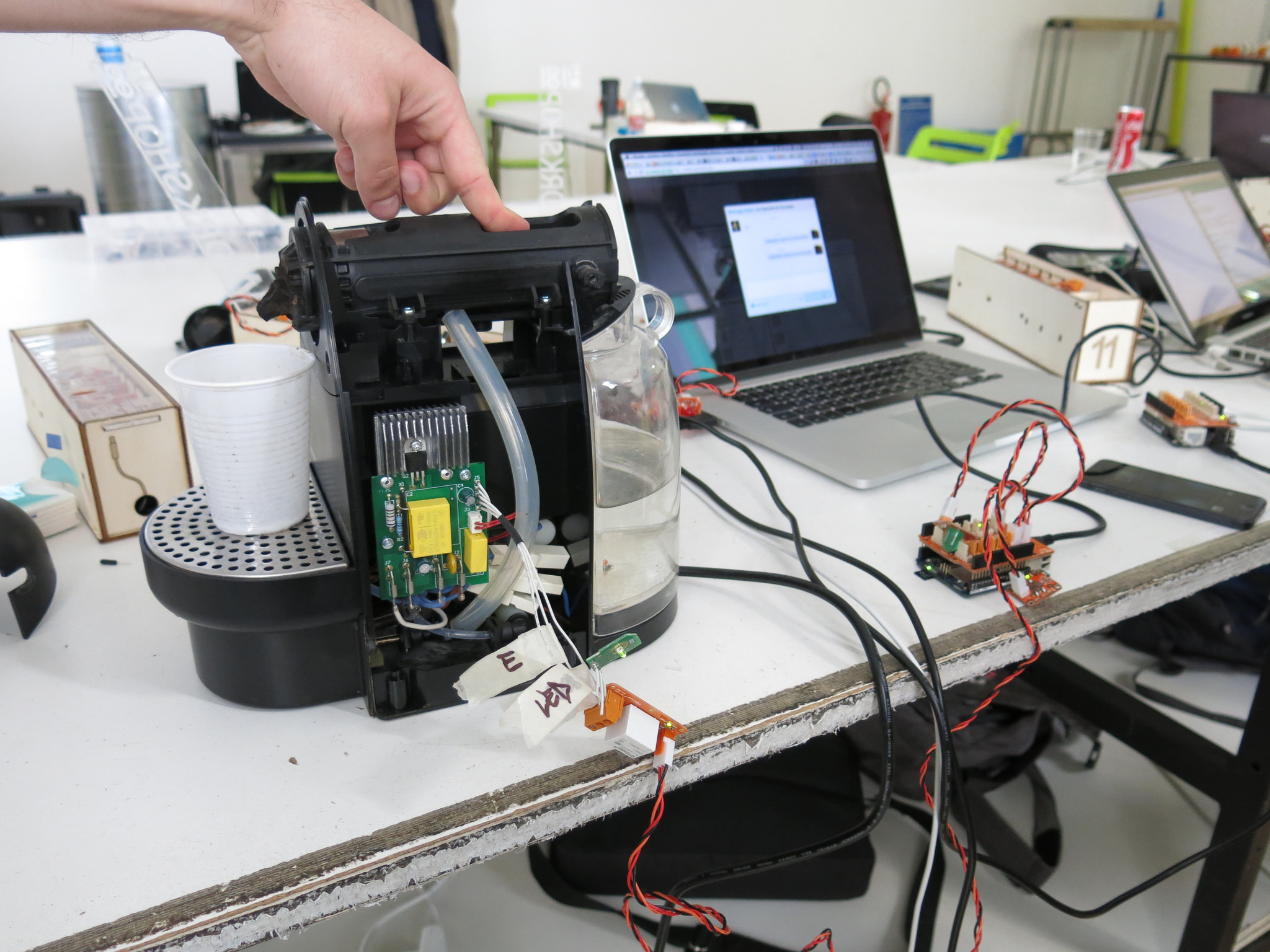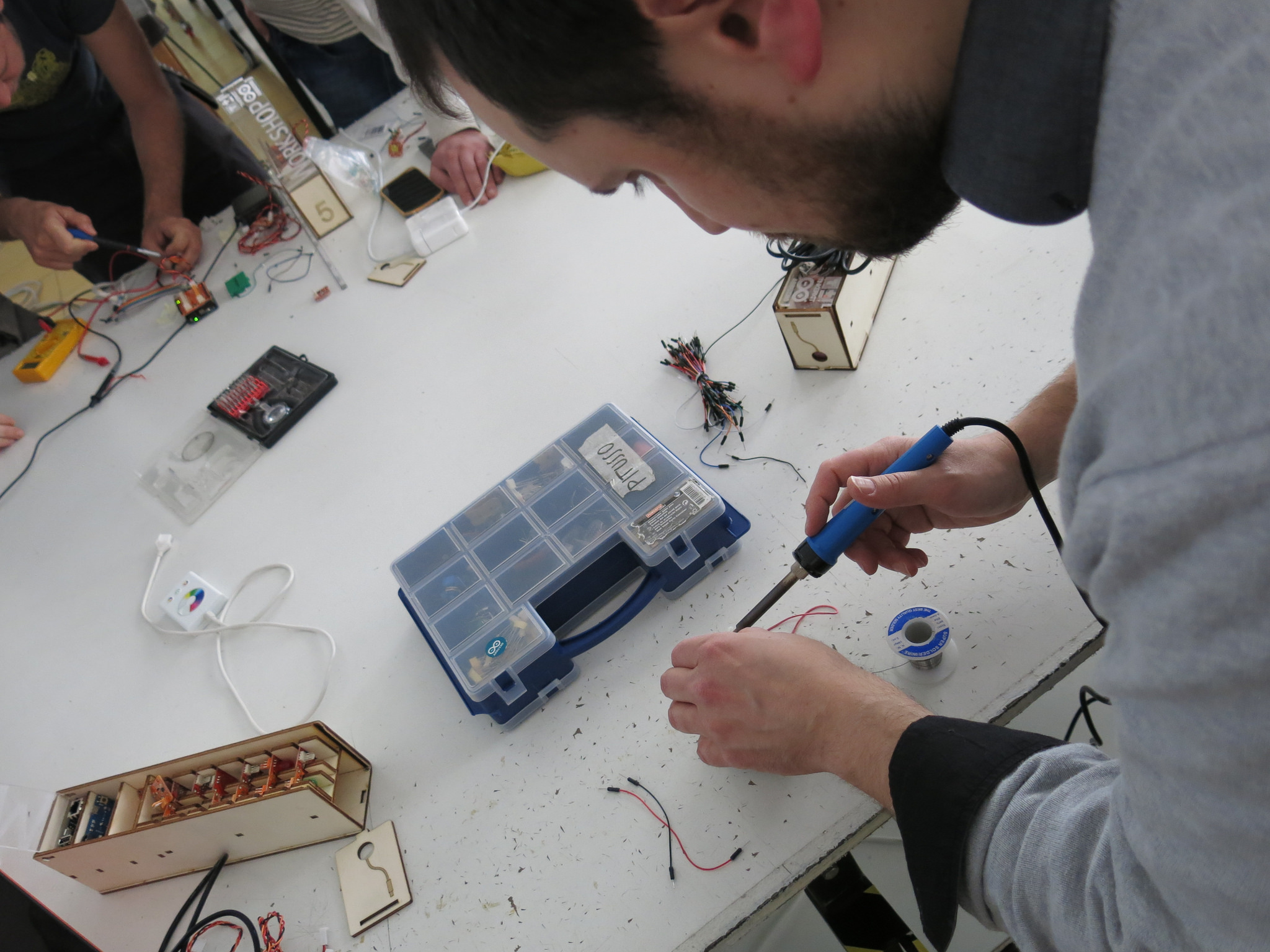The age of the IoT has arrived. Thanks to less expensive hardware and broadband costs, the number of connected products increases every day — to the point where consumers are not only embracing, but expecting objects to be connected. Conservative estimates are that by the end of the decade, there will be more than 25 billion IoT devices in use, generating more than $300 billion in revenue each year.
The explosive expansion of the IoT means that there is a growing need for individuals with specific skills to develop and maintain connected devices and services. One 2015 study found that any company that wants to be a major player in the IoT market needs to focus on technical talent, but more than half of companies aren’t sure that they have the skills in place to ensure that they can meet the demands and the promise of the IoT.
Because the IoT uses a variety of technologies in areas such as sensors, power management, processors, wireless communications, security, embedded operating systems, analytics, IoT platforms, and more, there is a need for those who have education and experience in these different disciplines, which can help them create effective IoT products and solutions.
One area that is bound to see extensive growth as a result of the IoT is engineering, which will present opportunities for both experienced professionals as well as new graduates. To meet these needs, a number of companies are developing IoT-focused programs of study with the best online engineering degree programs, with an eye toward developing students’ technical skills and IoT development knowledge. These programs are well-suited to preparing students to meet specific challenges in the design and development of IoT products and fill new roles within the industry.
Engineering Jobs in the IoT
Nearly 40 years ago, in the early days of embedded technology, most engineers did everything themselves, from designing and connecting circuits and microcontrollers to writing code and building prototypes. As embedded systems became more complex, though, especially in terms of the code required to operate them, it became more common to separate the roles.
The explosion of the IoT has set the pendulum swinging back, and more companies are combining engineering roles and asking engineers to work with both hardware and software. This means that while a great many of the jobs associated with the IoT are related to development, there are also plenty of opportunities from within the spectrum of engineering as well. After all, the IoT relies on computer hardware engineers who can actually design and build the electronic components and products that form the foundation of the Internet of Things. Skills in developing connectivity solutions and working with Wi-Fi, Bluetooth, and other technologies will become increasingly important — as will the professionals who have them.
The IoT is also creating a higher demand for firmware engineers. Because embedded systems are typically developed for custom devices, there tends to be very little available in terms of code libraries that an engineer or developer can simply add to the project. Firmware engineers are needed to develop the new code — but the exponential growth of the IoT means that the lack of existing or reusable code will become an even greater issue. In short, there will be significant demand for firmware engineers in the near future, and potentially more demand for these skills than for actual application development.
Finally, skilled hardware designers will be in demand because of the potential cost savings that they offer companies. While a bug or flaw in a software application can generally be fixed with a patch or update without too much difficulty or impact on the business, a flaw in hardware design can be fatal to the launch of a new product — potentially costing the company millions of dollars in revenue.
Soft Skills Matter, Too
While the IoT presents opportunities for those with specific technical skills in engineering, that doesn’t mean that soft skills will cease to be important. In fact, the National Science Foundation identified five specific skills that are going to be important to success and innovation in this field, and four of the five are soft skills: Collaboration, communication, persistence, and associative thinking, or being able to combine facts and observations from different domains, with the fifth skill being knowledge. Therefore, when you work on developing both your technical and your soft skills, the IoT will open a new world of possibilities for your career.








